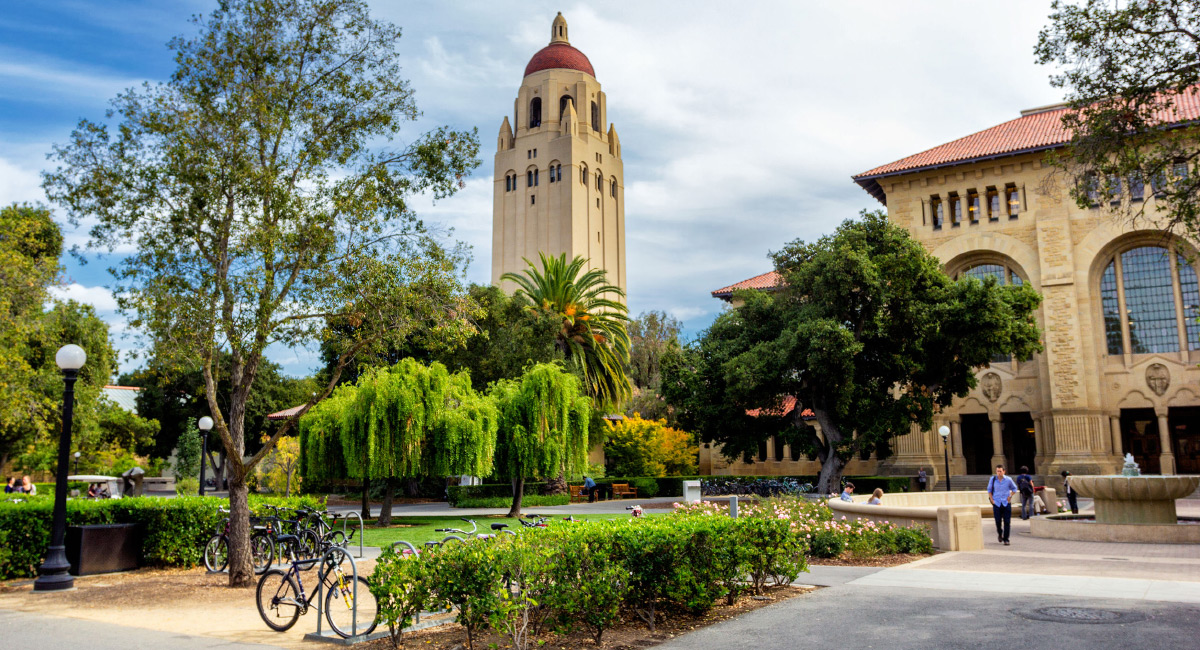Amidst all of the past year’s turmoil, the riots, apparent police brutality, and, most recently, insurrectional destruction at the U.S. Capitol, university presidents have spoken up in fierce condemnation. They have said things like “University X deplores and condemns the violence and the break down of order and civility and the recent riots.” Most Americans, including me, would wholeheartedly agree with those sentiments. Yet I am somewhat uneasy about them nonetheless. Why?
Universities are forums for the expression of varying ideas, opinions, perceptions, artistic creations, etc. They are sometimes called “marketplaces of ideas,” where competing viewpoints can be exchanged and debated in a thoughtful and civil manner. Universities are communities, “owned” legally by some governing board or church, but in reality the “property” of a broader community of individuals—students, faculty, alumni, etc.—with varying viewpoints and perspectives who use them as a place for learning and exchanging ideas.
In such an environment, for university presidents to make assertions about what the institution believes is presumptuous and suggests that the university community unanimously endorses an opinion, which, human nature being what it is, likely is simply not true. It goes against the very idea that universities are institutions celebrating viewpoint diversity, and, indeed, that diversity is the crucible out of which evolves a broad consensus with its set of policies, traditions, and via our teaching ultimately our future leaders—things that help create, sustain and strengthen our national identity.
To me, it would have been appropriate for a college president after the Capitol Hill destruction to say, “Personally, I find the behavior in Washington deplorable, and hope that the authorities persecute all the perpetrators of the insurrection to the fullest extent of the law. My university, however, is made up of thousands of students, faculty and others who may offer additional or alternative perspectives: that is what we are all about—dialogue and debate over issues of human interest. I value vibrant discussion and civil debating of recent events by members of our university community.”
Groups like the Foundation for Individual Rights in Education (FIRE) and others have reported a sharp decline in those believing in unfettered freedom of verbal expression on campus, and an increase in students and faculty suppressing their true feelings about issues for fear of being ostracized or maybe punished by others in the university community with other perspectives. The campus Cancel Culture offers vivid examples of flagrantly inappropriate suppression of viewpoints. Often, one hears about students with generally conservative or traditional points of view who feel intimidated by a prominently leftish campus environment increasingly intolerant of free market or classical liberal perspectives.
Admittedly, a campus which observes the Chicago Principles on free expression should almost unanimously agree that violations of the rights of others is intolerable, and the president should be able to say “At University X, we believe in the peaceable freedom of expression and are chagrined by event X (perhaps the recent destruction at the Capitol) which infringes that freedom.” A university can and should legitimately embrace the freedom of people to express themselves peacefully without harming others (not the case recently in Washington). Where you draw the line between the narrow cases where presidential proclamations of university positions is acceptable and where it is not may not always be clear cut. As a general rule, however, university presidents should stay out of controversial current issues, since anything they say is likely to be inappropriately construed as representing the position of the entire campus community.
There are some issues difficult to resolve. Religious institutions may establish universities where the school is expected to adhere to church teachings. Faculty may be required to sign pledges that they adhere to church positions on important matters of doctrine. Catholic institutions often face difficult decisions about members of the campus community taking positions (say on abortion) opposing that of the church that founded and financially supports it. Schools where the religious ties have weakened over time face legitimate conflicts regarding this. Personally, I abhor schools that censor the views of members of the campus community, but if informed individuals prefer to live in an environment where some forms of expression are forbidden, in a free society that should be acceptable.













